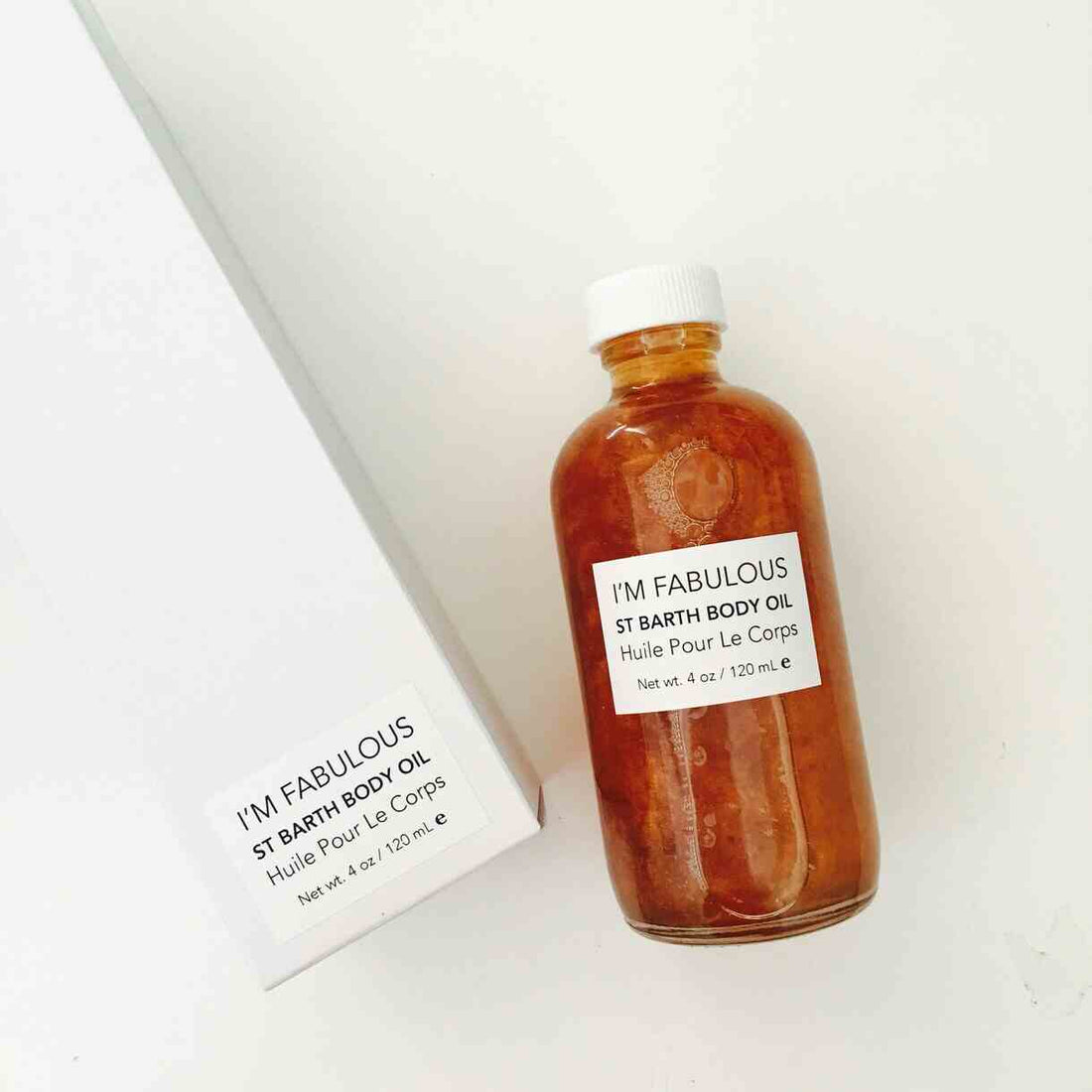
Unmasking the Stress Epidemic Among Women
Share
In today’s fast-paced world, the pressure to “do it all” is weighing heavily on women, especially those in the 35-54 age group, who are often balancing careers, families, and other responsibilities. According to statistics from the Health and Safety Executive (HSE), working women are experiencing significantly higher levels of stress, anxiety, and depressioncompared to their male counterparts. This growing disparity highlights the urgent need for women to prioritize their mental and physical well-being—a need that has never been more critical.
The Weight of Multiple Roles
Women are often expected to juggle several roles simultaneously—caregivers, homemakers, and primary earners—while also excelling in their careers. As a result, stress levels can skyrocket. Research shows that women aged 35-54 report 50% higher stress levels than men. In fact, the HSE’s latest figures reveal that there are 920 cases of work-related stress per 100,000 female workers, compared to just 590 cases for men. This significant disparity underscores the unique challenges that women face when balancing work and home life, as they often take on the brunt of domestic duties, child-rearing, and elder care in addition to their professional responsibilities.
This imbalance is contributing to a rising demand for workplace policies that support women’s well-being, including flexible working hours, better parental leave, and mental health support systems.
Anxiety and the Pressure to Perform
Anxiety disorders are becoming more prevalent among women, who are now twice as likely to be diagnosed with anxiety than men. The pressures of excelling in both professional and domestic spheres can feel overwhelming, especially as women often find themselves striving for perfection. Dr. Judith Mohring, a leading psychiatrist specializing in workplace mental health, explains that women are not only more likely to be diagnosed with anxiety, but they also experience higher levels of work-related stress due to the pressure to meet both professional expectations and traditional domestic roles.
The pressure to maintain an ideal work-life balance can also contribute to emotional burnout, a condition that impacts many women, especially those who feel they are expected to be everything to everyone, all the time. Dr. Mohring advocates for systemic changes in the workplace, such as mental health resources, flexible work arrangements, and greater gender equality in caregiving responsibilities to help mitigate these stresses.
The Unfair Fight in the Professional World
One of the harsh realities for women in the workforce is the growing gender gap when it comes to job security and career advancement. During layoffs, for example, men tend to fare better because they often have more extensive networks within their industries, while women, who are more likely to focus on family responsibilities, are left at a disadvantage. In fact, research has shown that women are less likely to receive promotions or raise opportunities, partly due to biases that undervalue their contributions, especially in male-dominated industries.
This systemic inequality not only exacerbates feelings of stress and anxiety among working women, but it also highlights a wider societal issue: women are often expected to manage both family and work without the same resources or opportunities to succeed. The mental load women carry in trying to balance these responsibilities can have long-term consequences for their overall well-being and career satisfaction.
Reducing Stress Through Self-Care
With working women reporting significantly higher levels of work-related stress, it’s more important than ever for women to prioritize their mental and physical health. The constant balancing act can leave little room for self-care, yet it is essential to recharge in order to cope with the demands of daily life. Self-care doesn’t have to be time-consuming or complicated—busy women need quick and effective solutions that fit seamlessly into their hectic routines.
At HealHer, we understand that modern women need products that support their holistic well-being, from natural skincare to immune support and stress relief. Whether you’re looking to unwind with a calming face mask after a long day or boost your energy with an immunity-boosting supplement, our curated wellness products are designed with the busy woman in mind. We believe that self-care is an investment in your mental health, and our goal is to make it easy for you to prioritize your well-being.
Join the Movement for Self-Care
At HealHer, we celebrate the strength, resilience, and incredible multitasking abilities of women who are doing it all—balancing careers, caregiving, and personal well-being. However, we also recognize that true strength comes from knowing when to prioritize yourself. By focusing on self-care, women can recharge, reduce stress, and stay healthier both physically and emotionally.
Our mission is to empower women through holistic wellness products that not only enhance physical health but also promote mental and emotional well-being. From the daily grind to managing family life, we want to help you integrate wellness practices into your routine in ways that feel good and work for your lifestyle.
It’s time to prioritize yourself. You are the heart of your family, your work, and your community. Take a moment to recharge, reduce stress, and discover your personalized wellness solutions with HealHer. Because when you take care of yourself, you’re better equipped to take care of everything else.
Final Thoughts: Self-Care is Not a Luxury – It’s a Necessity
The increasing pressures on working women to “do it all” are taking a toll on their mental and physical health. It is crucial for both individuals and organizations to recognize the importance of self-care and to implement systems that support women in managing stress, anxiety, and the overwhelming demands of daily life. Women need the tools, time, and resources to prioritize their health—not just for their well-being, but for the greater good of society and the workplace.
By promoting a culture of self-care, we can create more sustainable, inclusive environments that support women in both their professional and personal lives. It’s time for all women to take a step back, breathe, and reclaim their well-being.
References:
- Health and Safety Executive (HSE). (2023). Workplace Stress and Mental Health in the UK: A National Report. Retrieved from hse.gov.uk
- Mohring, J. (2023). "The Mental Health Crisis Among Women in the Workplace." Journal of Psychiatry and Social Work, 32(2).
